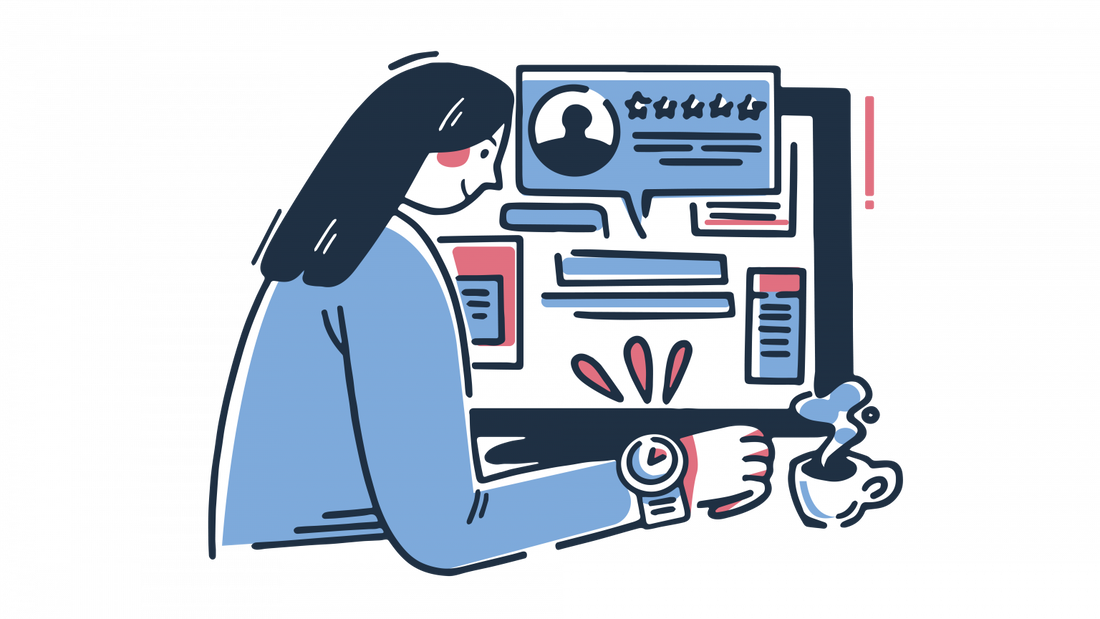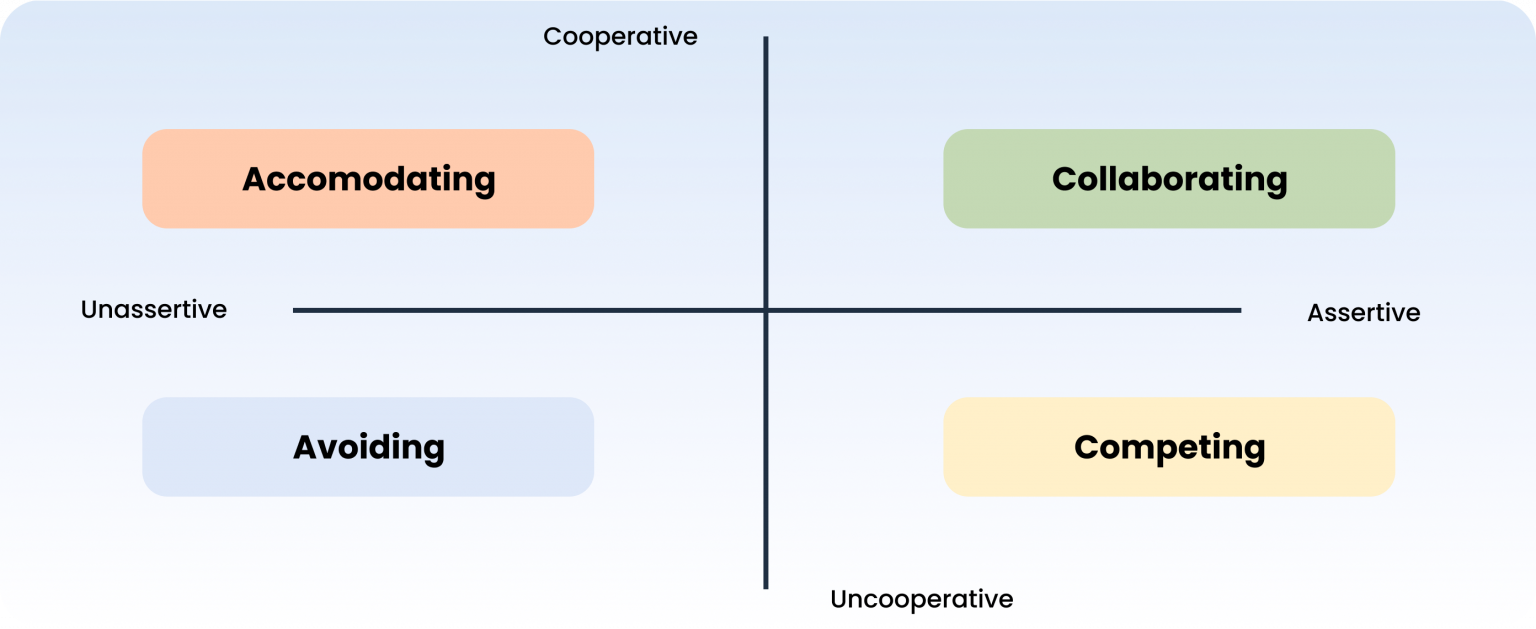What is MatcHub's in-house personality test?MatcHub’s in-house personality test offers a comprehensive and efficient assessment tool that provides insight into the candidate’s personality, behaviours and work styles. This valuable information empowers both the employer and candidate to make well-informed hiring and application decisions, improving the potential for the best cultural fit.
What's the format?
Through a detailed analysis of common interview questions, MatcHub's in-house personality test aims to improve the recruitment process by giving employers valuable insight into a candidate's personality, even at the start. With 51 questions spread over 3 sections, our personality test comprises a mix of Likert scale and scenario-based questions, allowing for a holistic representation of how each candidate may react in various work situations. Candidates may view their personality test results on their profile page. For employers, the candidate's results will be conveniently reflected in each candidate's job application. Through this assessment, we hope both candidates and employers can gain a deeper understanding of workplace preferences, behaviours and motivations. Through the insights provided by our personality test, coupled with both hard skills and soft skills matching scores though our AI algorithms, MatcHub seeks to provide the most informed employer-candidate match. Read less
|
Personality Traits We Measure
Working styles we measure
Conflict resolutionHow candidates react to and deal with disagreements in the workplace
Conflict resolution
Conflict resolution is how candidates react to and deal with disagreements in the workplace. The 4 conflict resolution styles we measure, namely Avoiding, Competing, Accommodating and Collaborating, vary along 2 axes: assertiveness and cooperativeness.
AccommodatingAccommodating uses cooperativeness but not assertiveness. The candidate gives in to the wishes of the other party in a conflict. While the harmony of the team can be preserved, this conflict resolution style can lead to assertive members always taking the lead in conversations and decision-making. CollaboratingCollaborating is when the candidate is assertive and cooperative. In a group setting, the candidate will facilitate an environment where each participant can share their views and co-create a solution where every party is satisfied with. Ideas and suggestions from the various parties are heard and considered to create the best compromise. Good relations are usually preserved when both sides choose to collaborate in a conflict. AvoidingAvoiding is when the candidate is neither assertive nor cooperative. The candidate withdraws from involvement in a conflict, and prefers to stay away from tension and confrontation at work. However, with avoidance, the issue at hand may remain unresolved. CompetingCompeting is when the candidate is assertive but uncooperative, perceiving an argument as a competition, where there will be a winner and a loser. Candidates tend to voice their opinions without hesitation and may even bring personal beliefs into the argument. While the candidate may remain firm, a competing conflict resolution style may prevent other less assertive voices from being accepted and heard. |
CommunicationHow candidates are most comfortable expressing themselves and engaging with fellow colleagues
Learn more |
Preference for Fast-Paced Work EnvironmentFast-paced work environment versus deliberate thinkers
Preference for Fast-Paced Work Environment
Preferring a fast-paced work environment may mean that candidates tend to be adept at juggling multiple projects at once. They may work best under tight schedules and time crunches. On the other hand, those who prefer to take time to perfect their given assignments tend to be more deliberate thinkers, preferring to have a structured and more spaced-out plan for their work. However, many candidates perform at their optimum when there is a good balance of deadlines and down time. |
Preference for Routine vs. Dynamic Work Environment
Improvisation, structure, and predictability
|
Preference for Working in Teams and SoloCooperativeness, versatility, and independence
Preference for Working in Teams and Solo
If candidates like to work in teams, they may be cooperative and versatile. They listen well and tend to identify the work required and complete it together with their teammates. As for independent workers, they are motivated to complete tasks on their own, thus requiring less hand-holding. They manage their own deadlines well without the interference of others. Of course, candidates may be well-versed in both working in teams and independently. These individuals are able to adapt well to both work styles depending on the task at hand. |
@ 2023 MatcHub.co. All rights reserved.












